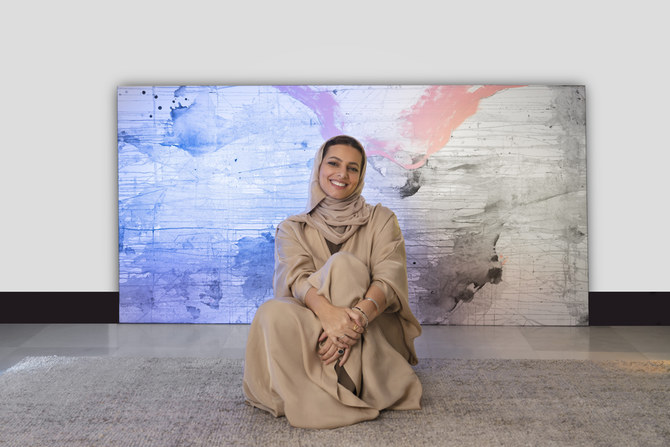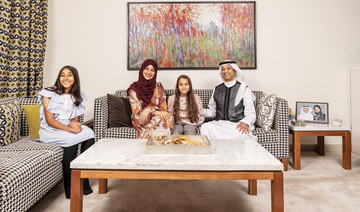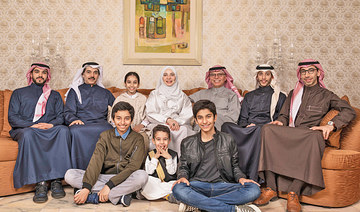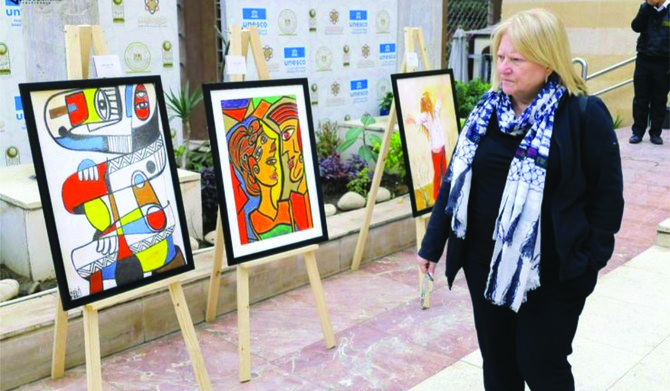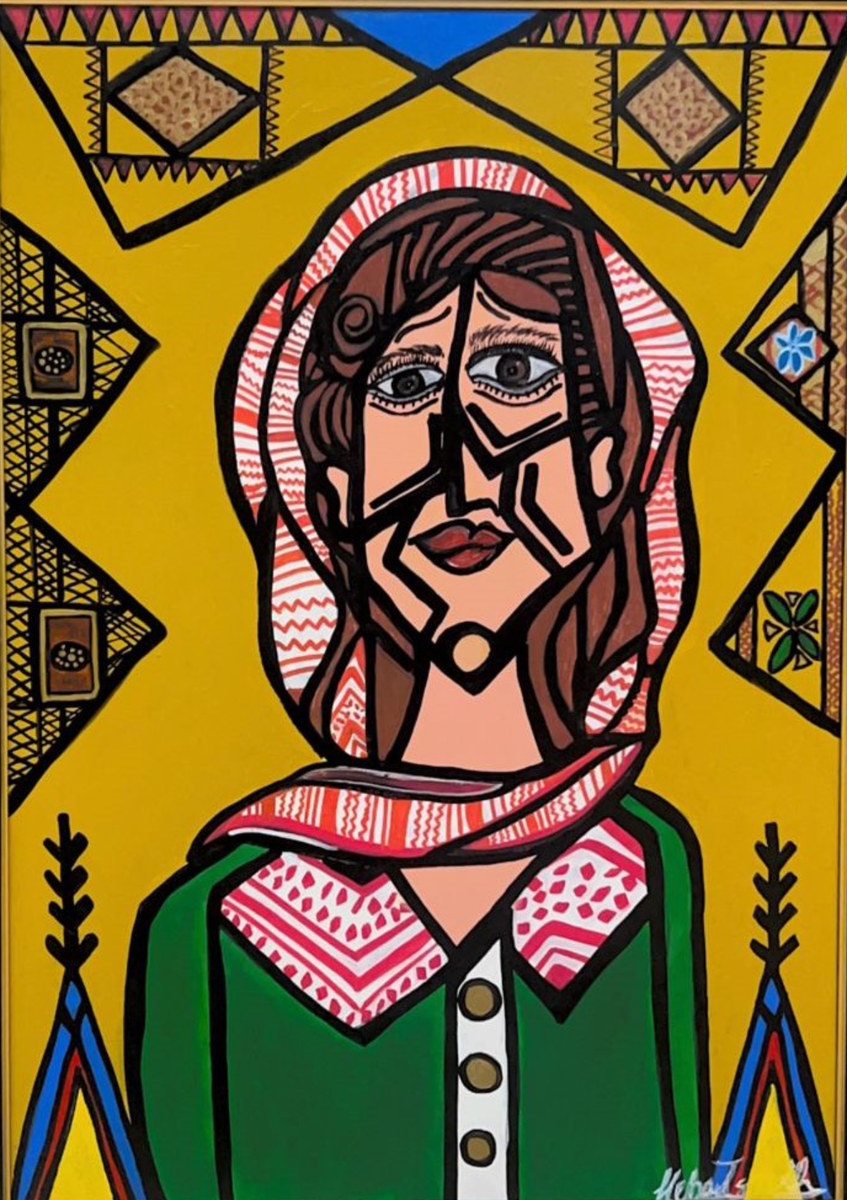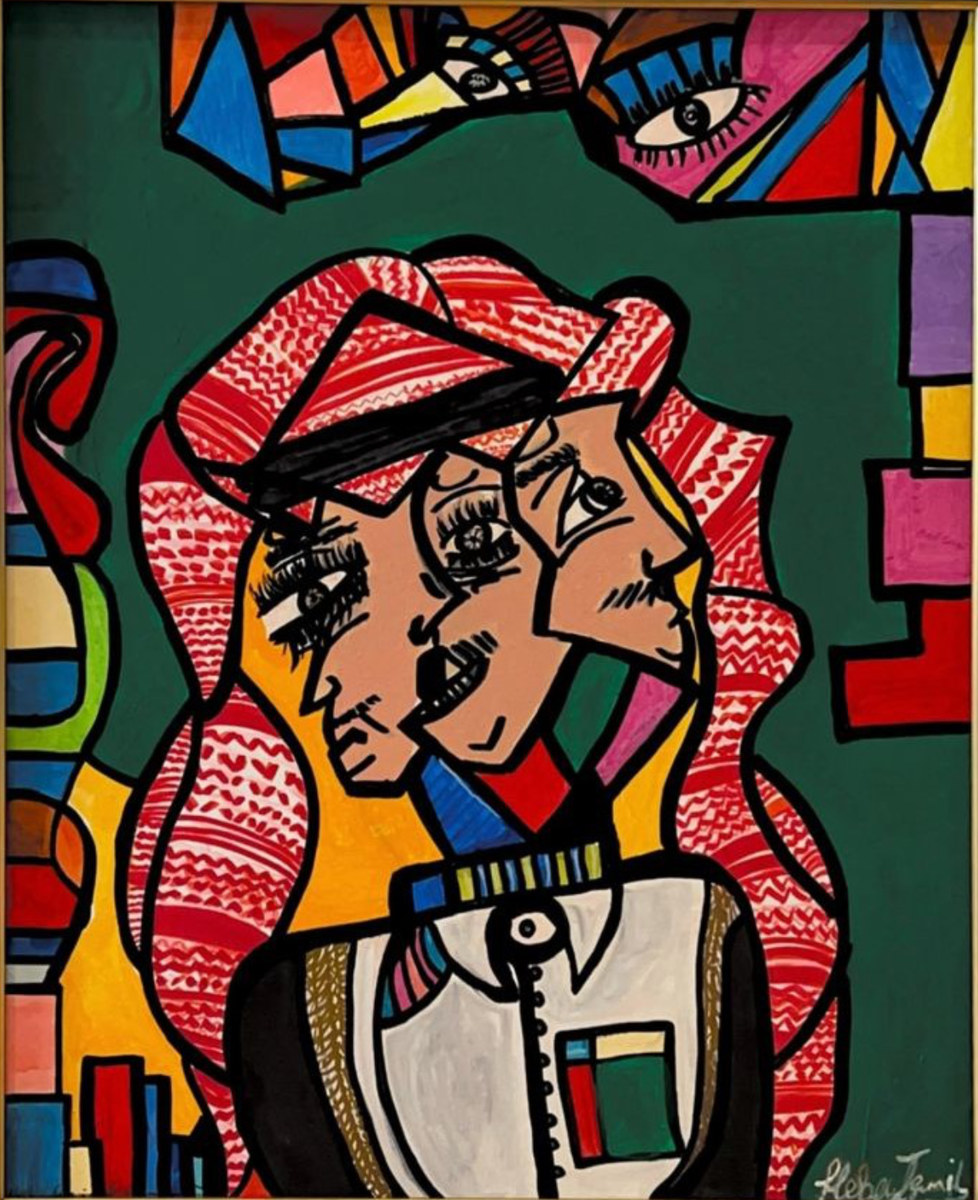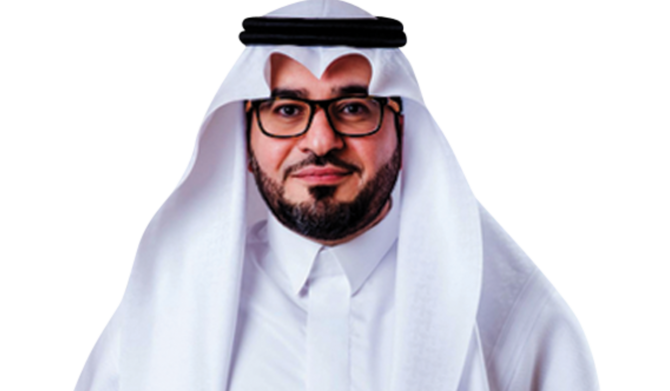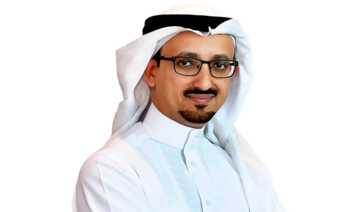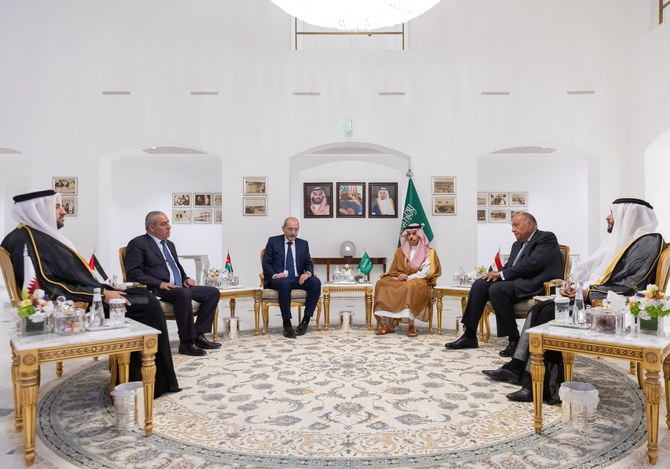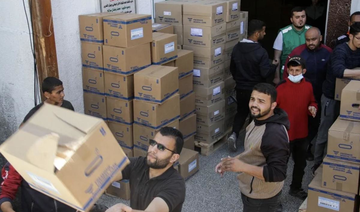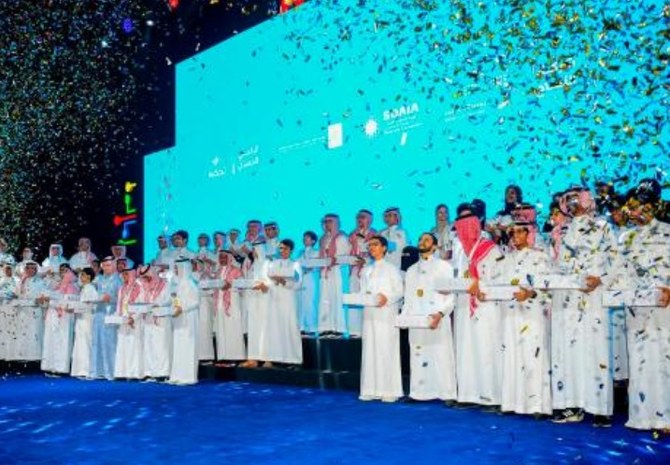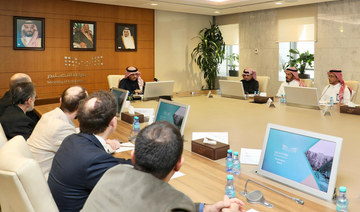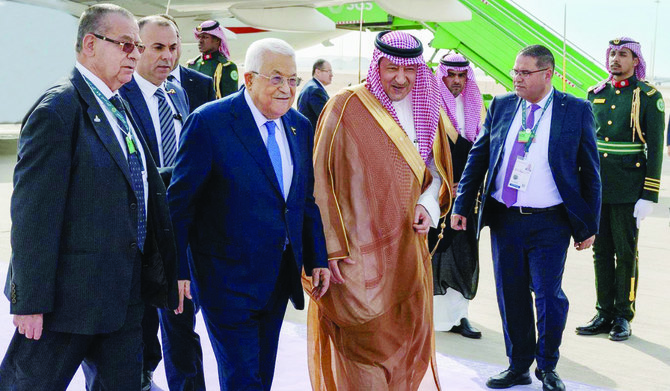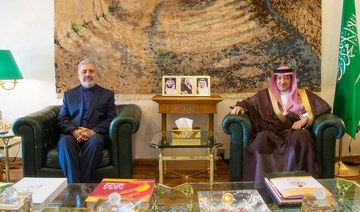Like everyone else, I am someone with a story. Sometimes, on nights when I was feeling nostalgic, I would ask my mother to describe how I was as a child. “Obedient,” she would say, “a sweet girl who always listened to what her parents had to say. In her eyes I was calm, I had many friends, I was a healthy child and so were my three brothers and sister.
But I remember a different story. Yes, I was of course a happy child and I was, indeed, healthy — but I was far from obedient and I was rarely quiet. I remember being adventurous; I loved to explore and I always wanted to (and did) join the boys in their adventures and crazy plots and pranks, especially those that involved bike rides with my older brother.
Still, I wasn’t all wild, however. I had an inner life and I lived in my own bubble for a time, where I created a world that worked for me.
By the time I was in sixth grade I had produced my first piece of art, an abstract piece. I’m not sure if I knew what I had created at the time but I knew it had value. The teacher did not like it and I remember very well how disappointed I was with her for not understanding the importance to me of what I had created. Overthinking since day one.
One of the defining moments in my life was after I had my first child. I still cannot explain how significant it was for who I am as a person, for my consciousness, and for my purpose in life. I married young, so I had my first child at the beginning of my journey, when I was only 20 years old. We were going to grow together, learn together, and explore what the world has to offer together.
Sadly, that dream did not entirely come true. After turning one, my Saud was diagnosed with leukemia, while I was pregnant with my second child, my beautiful daughter Nora. After years of battling, my young hero passed at the age of 12.
My two other children, Nora and Yazeed, are my life. Even though I always involve them in the critique of my artworks, I know deep down they are my biggest fans. I love them, I cherish every minute I spend with them and I know that I am beyond grateful to have such smart, bright kids. Watching them grow, and their ambitions grow with them, has been a blessing.
A while ago I was invited to speak at Alfaisal University in Riyadh, where Nora is studying, I gave a talk titled: “The Creative Soul and the Structured World.” When I saw those young, eager eyes staring at me with all the curiosity in the world, listening to every word I said, I realized how much I loved helping young people; their appreciation was overwhelming.
To champion the youth has always been a goal for me; to help them indulge in life and face it with grace, and to adapt when the challenges are too much for a young spirit to handle. This is why I have always believed creativity is so important: it provides young people with the tools they need to navigate through the fog.
My experience with grief taught me a lot about myself, about human nature, about how the world works. Most importantly, it taught me to value what I have, what I had and what I will be given in the future to find balance and serenity in any given chaotic space.
I am deeply spiritual; I believe that everything happens for a reason and that God has a plan for each and every one of us. As part of my healing process, I started exploring and diving more into art. I fell in love with what I found. I decided to study for my diploma in visual arts in my thirties, and from there I began my professional career as an artist. Before that I was an amateur at best, the kind of person who is always going around with a sketchbook in their bag.
In our ancient culture, poets used to claim that creativity came from a magical place called the “Abqar Valley,” where creatives made deals with demons to provide inspiration. This story, despite its ancient symbolism, says a lot about working in a creative field.
Being an artist implies a certain lifestyle, a way of seeing the world. Being an artist means you are constantly exploring, wondering and arguing about how the world is or how it should be. In a nutshell, being an artist means having a free soul: untamed, bold and daring. Being an artist is a full-time job, because you are always working with your creative self. And most people know that; this is why people always roll their eyes when I tell them that in addition to being an artist, I am a life coach.
When I was young, I wanted to study one of two things: fine arts or psychology. I know now that the things we want when we are young always find a way to come back and haunt us, as they did to me until I started a professional career as an artist, studied art therapy, and became a certified life coach.
Life coaching and art are, to me at least, deeply intertwined on so many levels. At some point, I can barely see that fine line that separates them.
There is a saying that goes: “Talent hits a target no one else can hit, genius hits a target no one else can see.” I would not go so far as to say that every artist is a genius, but this is the goal of every artist: to grasp and display something no one else can see; to reveal what is concealed.
The same applies to life coaching. The goal is to reveal to a person that which is concealed from him or her, what they cannot see, and to help them through the journey of self-actualization and realization. That is the essence of life coaching.
After spending a year and a half at the Misk Foundation, working with the Misk Art institute, doing what I love and enjoy, a narrative crystallized, a window opened into the future of my life, and I saw what I wanted: me focusing on my work, my art and my hobbies. So I left my position there and started my practice as a cultural and creative consultant, where I have had the chance to work on many exciting projects, one of which was the movie “Born a King.”
Now, I spend my days in my studio, focusing on my art, developing and experimenting with the creative process, whether it is through painting or other mediums. Documenting scenes of daily life that seem dull to the untrained eye is one of my obsessions: a floating balloon, birds, forgotten roses on the street — I love searching for beauty where no one else cares to see it.
A perfect day for me includes yoga, some family time, art, moments of self-awareness, deep conversations with interesting people, a good meal and a little rain. Why the rain, you ask? Because when it rains, I take my canvas out (a task that involves some heavy lifting), and I let the sky express itself with the help of my colors.



